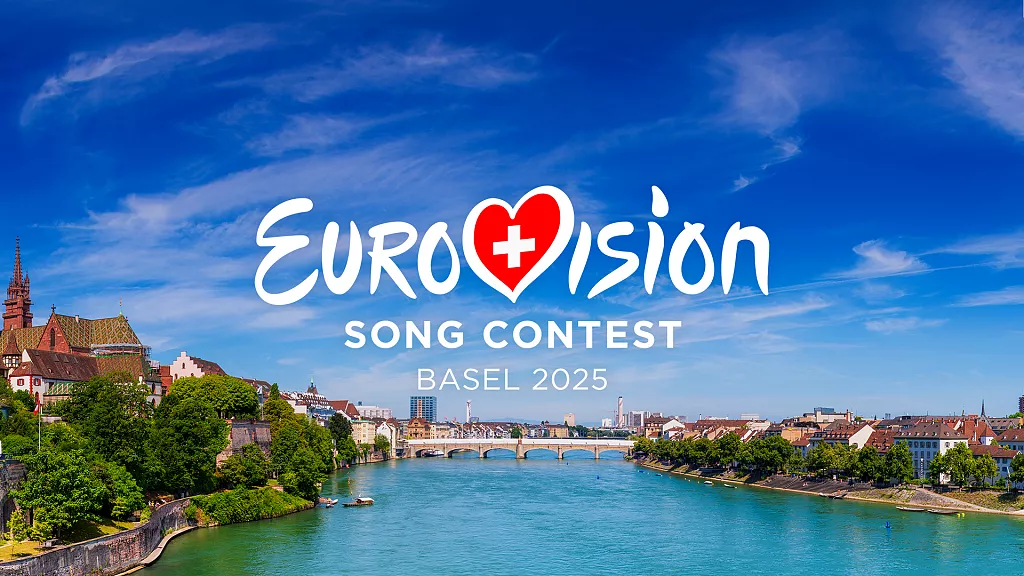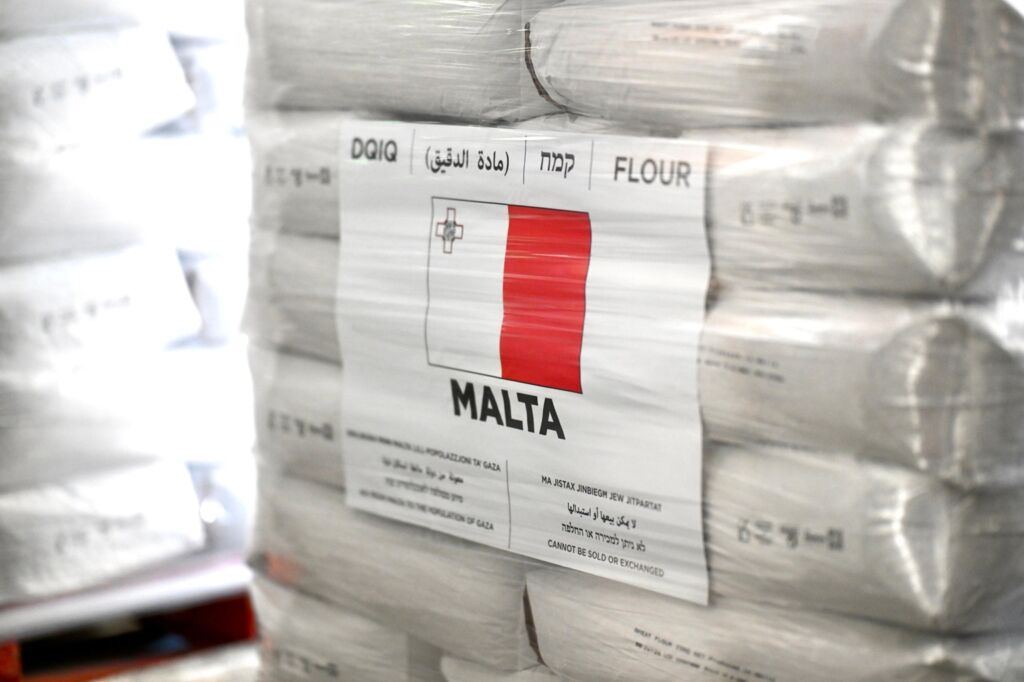Eurovision is over. A winner has been crowned, Austria’s JJ took home first place, which means the country will now prepare for the 70th edition of the singing contest in 2026.
We know how the points for each country tallied from jury and public voting, but what about Eurovision in numbers? Here is a breakdown of the economic dimensions of the popular competition.
More than 160 million viewers tuned in worldwide, and a record number of people experienced the event in person. Hundreds of thousands attended live.
Recent host cities Malmö, Sweden (2024), and Liverpool, UK (2023), hosting on behalf of Ukraine, saw a concretely significant economic impact from hosting the Eurovision Song Contest (ESC) that has lasted long beyond the last note sung on stage.
According to online figures, in Liverpool, ESC 2023 generated a net impact of €65 million, with Liverpool’s Greater Metropolitan Area reporting an economic boost of €10.8 million.
With 306,000 additional visitors to the city and a whopping 73,000 people attending Eurovision-related events, the city saw 175,000 city centre hotel rooms sold, the best month for accommodation since 2018. An additional 72,454 trips to the city were made in the year following the event by those who came to ESC 2023, contributing a further €13 million to the local economy.
In Malmö, ESC 2024 attracted an economic turnover of €40.6 million in tourism-related spending, with 160,000 people attending Eurovision events. A very popular Eurovision club at Malmö Live generated €365,000 in ticket sales alone.
Basel, a city known for its vibrant art scene and strategic location on the borders of France and Germany, is looking forward to similar economic returns. With sold-out hotels, busy restaurants, and peak demand for services region-wide, the local economy is set for a huge boost as well.
Hosting Eurovision 2025 is expected to provide Basel with a significant economic boost, likely in the range of CHF 70 to 150 million in total economic impact. In the short term, the influx of 10,000 to 30,000 international visitors could generate CHF 50 to 100 million from hotel bookings, dining, entertainment, and event-related spending, given Basel’s high prices. The city’s global exposure, with over 160 million TV viewers, could also lead to long-term tourism and business benefits worth an additional CHF 100 to 200 million over the following years. Comparisons with past host cities like Liverpool (CHF 57 million) and Lisbon (CHF 63 million) suggest similar direct gains, though Basel’s higher costs and strong cross-border appeal (thanks to its location near France and Germany) might push revenues even higher.
While hosting requires investments in security and infrastructure, the overall economic return, including media exposure and future tourism growth, is expected to be substantial, for both Basel and next year’s host, Vienna.
Malta’s olive oil cooperative predicts good harvest, but future remains bleak
Malta's olive oil farmers face a number of financial and environmental hurdles
Award-winning travel host Peter Greenberg’s Hidden Malta premieres in US
The event was one of three major developments unveiled to boost tourism from the region
5,000 sacks of flour from Malta are currently feeding Gaza
Another batch of 5,000 sacks of flour is being prepared to send to Gaza






